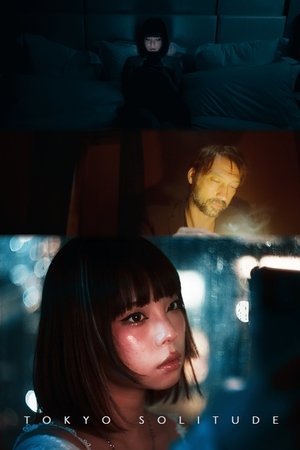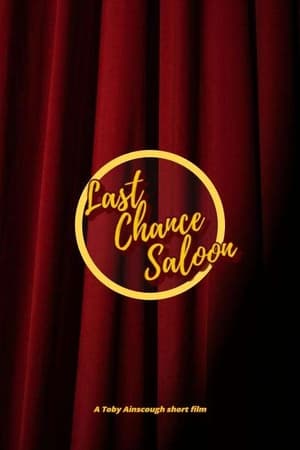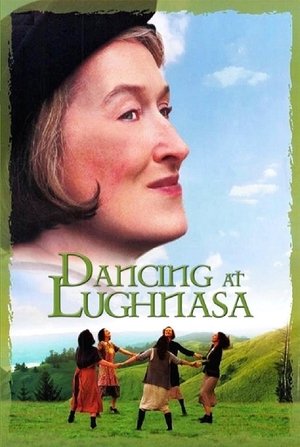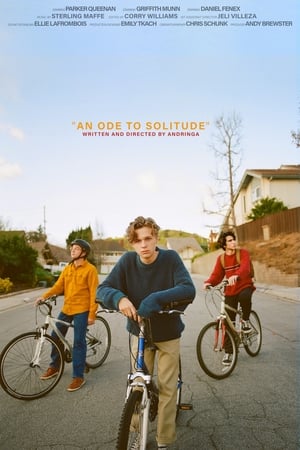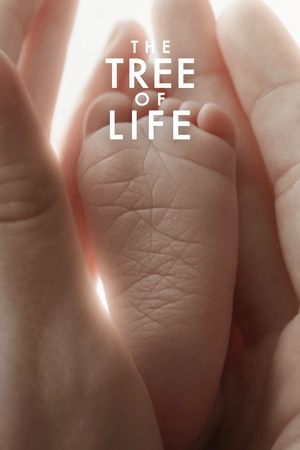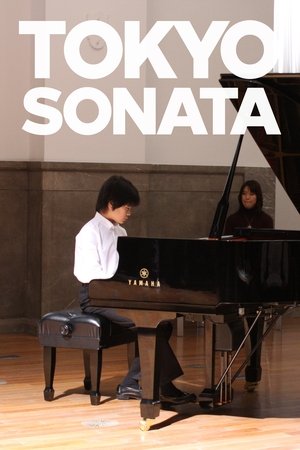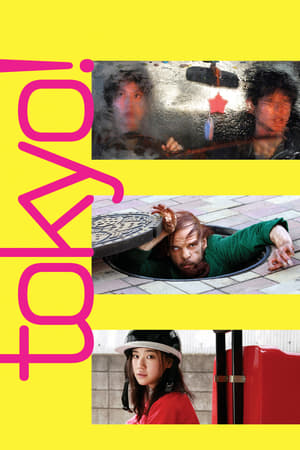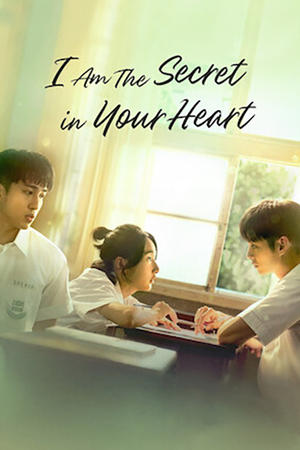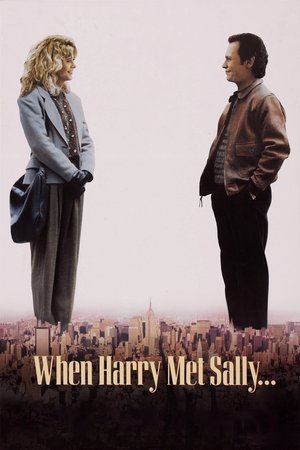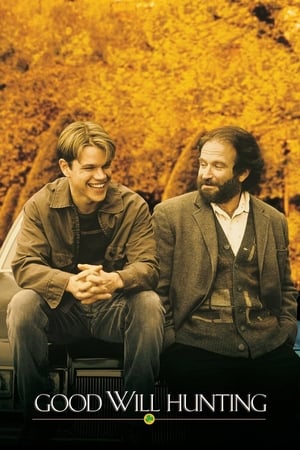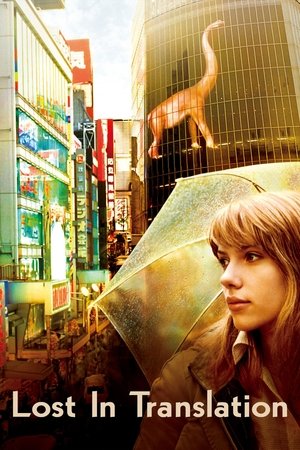Overview
Hirayama is content with his life as a toilet cleaner in Tokyo. Outside of his structured routine, he cherishes music on cassette tapes, books, and taking photos of trees. Through unexpected encounters, he reflects on finding beauty in the world.
Reviews
Coproduction between Japan and Germany, directed by the german director Wim Wenders (Texas Paris, Wings of Desire among others) and written by him and Takuma Takashi.
It won the Cannes Film Festival 2023 for Best Actor and Ecumenical Jury
and it is nominated for Academy Best Foreign Movie (my favorite for this category).
It tells some days at the life of a public bathroom cleaner at Tokyo, interpreted by Koji Yakusho Hirayama, as Hirayama, his daily routine and 4 events in between his usual days. It also shows how some people treat those invisible workers even in a modern civilized country as Japan.
Hirayama have a simple, but happy life as he is and what his does with the maximum commitment - it is a marvelou movie about contemplation and what simple things and events can bring of happiness in the life, if you allow it.
The cinematography is by Franz Lustig (Anselm), and it is beautiful in using the available light and daily variations, mostly in shots with the protagonist.
With a slow minimalistic story focused on this philosophy and camera work also directed to the architecture of public bathrooms, it may not be a movie for everyone.
My score for it is 9,6 out of 10,0 / A+.
Now I don't now about where you live, but in my town you are lucky to find a public toilet at all, let alone one with designer fittings and miracle blinds! Luckily, Tokyo has a dedicated and meticulous cleaner in "Hirayama" (Koji Yakusho) whose routine gets him from bed, via the coffee machine, to his rounds, the bath house, then his book and again to bed. Helped, occasionally but not too reliably, by the younger "Takashi" (Tokio Emoto) his joy when travelling from site to site is to listen to old cassettes from the likes of the Doors and Van Morrison. He is an outwardly rather humourless man, and he likes his daily pattern, so imagine his surprise when he returns home one evening to discover his niece. "Niko" (Arisa Nakano) has absconded from home and decided to come stay with him for a few days. With his pal at work having a new girlfriend to impress and now him a teenage niece to accommodate, his life faces a turmoil and we have to watch (and hope) as he tries to get through it. Who knows? Maybe it will help bring him out of his self-imposed shell? Might we find out what caused that introspection in the first place? There's quite a lot of repetition here, but as each day goes by Wim Wenders introduces us to a little more. More about the city, more about the characters and maybe just a little too much about multi-purpose bleach. Yakusho is perfect for his part and he engagingly delivers a characterful performance as a man who prefers not to speak and the whole drama evolves, gently, to not so much a conclusion as another day that may or may not be different from the previous ones.
Films that feel like they're "reaching" in their attempts to make a statement can result in a frustrating watch, as is very much the case with the latest from acclaimed writer-director Wim Wenders. This character study about the life of a middle-aged public toilet cleaner in Tokyo (Koji Yakusho) follows him through his virtually unchanging daily routine of working, reading and taking nearly identical photos of trees. Even though there are minor differences in the events of his day-to-day life, much of his schedule is relentlessly the same, a comfortable yet mundane pattern that's cinematically repeated endlessly (and one can imagine what that does for holding viewer interest). He seems to purposely keep his life simple to avoid irritating complications, but that appears to be more of a way to stave off loneliness than to provide reassuring measures of certainty and predictability. He also appears to have undergone a painful (though largely unexamined) past that he's trying to escape, even though he clings to many elements that are rooted in that historical time frame (he listens to cassette tapes from the 1970s-80s, takes photos with a film camera, uses a flip phone and has little awareness about the internet). This lifestyle is presented as the source of some kind of supposedly profound wisdom, yet the insights that emerge from it are, quite frankly, innately simplistic ("the next time is the next time" and "now is now" - truly deep principles, to be sure). As a consequence, all of this makes for a rather tedious watch, one filled with story threads that go largely unexplored and, ultimately, unresolved. To its credit, the film features some fine cinematography and an excellent soundtrack, and it grows progressively more engaging the further one gets into the story (when a story actually begins to develop out of a largely flatlined narrative). But, despite these assets, much of the picture's opening half is riddled with extraneous material that could have readily been pruned. In fact, the removal of that superfluous content could have easily reduced this work down to a more manageable extended short without losing anything, a change that would have yielded a more worthwhile viewing option. I'm a longtime fan of Wenders' work, but this offering just doesn't measure up to his past releases. It's also somewhat baffling how this production has garnered as much attention as it has, such as its selection as Japan's entry in the 2023 Academy Awards' international film category, for which it garnered an Oscar nomination (amazingly beating out the far superior Japanese film "Monster" ("Kaibutsu")), as well as Yakusho's best actor award at the 2023 Cannes Film Festival. However, no matter how earnestly a filmmaker may strive to get his or her message across, sometimes it just doesn't work, as is the case here, and that, unfortunately, is far from perfect.
**Life through his eyes**
This is the story of a man who is caught between the past and the present.
A man who has found contentment and happiness from being true to himself and his embracement of a time when things moved at a slower pace. A time when ones purpose was established in taking pride in what you do, no matter how insignificant it is perceived within society.
**A movie about life.**
What I enjoyed about this movie is how it brings the viewer into a first person perspective of the life journey of an ordinary person.
This movie is as close to a first person encounter with Japanese day to day life, as you can obtain without actually living there. It does an excellent job of introducing a few unusual and odd personalities someone living in Japan will encounter.
The majority of this movie could be watched without subtitles or audio, because it masterfully achieves the filmmaker goal of "show the story, instead of telling the story".
Having lived in Japan as a teacher, this movie was like watching my own experience seen from the lense of a camera. It really represents life in Japan in true form.
**Things I Didn't Enjoy**
This is a very slow moving movie at three hours long. it could of been shorter and still achieved its goal.
I'm not a fan of the transitional collages used to represent dreaming or the transition from night to day. These became redundant and felt like a waste of time.
One of the things that makes a great story for a movie is its rising conflict and ultimately the resolution. This movie has a very slow rise in conflict, and the resolution felt almost to subtle.
**Final Thoughts**
The story is tight, the cinematography is well done, the editing is well done, the acting is authentic.
I really enjoyed it, it is a really interesting story. I enjoyed the characters.
At first I didn't think I was going to like this movie. This movie starts slowly but gets better and more eventful as it progresses. It's not a movie that you'd want to watch with friends; you need to watch it alone.
The movie offers a glimpse into the life of a toilet cleaner living in Tokyo. And it gives a good depiction of how life can be enjoyed even if you're not at the pinnacle of achievements.
The main actor delivers a great performance, and the music used in the movie is top-notch. It's about living in the moment so give it all your attention, and then you can enjoy it to the fullest.
Overall, I'd say this movie is an excellent choice for a calm and reflective afternoon, especially for viewers who are ready for a movie with a slow pace.
the perfect film and the best one i personally have seen
from the calm quiet moments to the little dialogue the pure feeling of watching this film alone makes it worth checking out.
To me this is my all time favorite film, and that does not come easy, the cinematography is perfect the music choice on point and a story that grips you without needing to say much through dialogue. its beautiful

 124 min
124 min
 7.784
7.784
 2023
2023
 Germany
Germany
 BornKnight wrote:
BornKnight wrote: